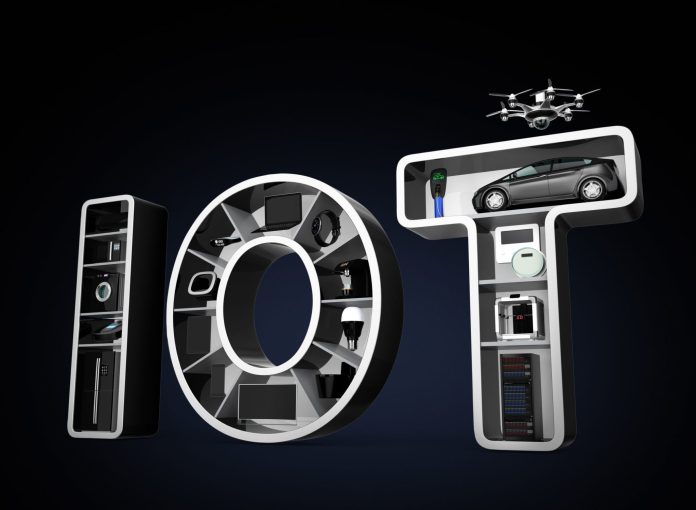Testing internet of things (IoT) devices is critical for companies deploying a large number of small IoT devices as failures in the devices could lead to significant losses.
“The main value add of the internet of things comes essentially from application software that relies on real-time sensor data,” Tony Opferman, Business Development Manager of Rohde & Schwarz, said during a presentation at the Enterprise IoT Summit, which took place in Austin, Texas, earlier this year. “Wirelessly connected devices are just the enabler, but only valuable when connected, secure and reliable and 24/7,” the executive said.
“Testing IoT devices is key from a monetary point of view. If you have deployed thousands IoT devices in a parking garage and then later you realize that the concrete is not allowing the devices to work properly and you have some issues with the antenna placement, you will have to replace these devices and this will cost you a lot of money,” Opferman added.
The executive said that companies need to select the most appropriate technologies considering all relevant aspects like performance, deployment model, interoperability, costs and availability.
He added that companies willing to implement an IoT strategy needs to understand the different needs of certification dependent on the chosen technology, operator and market.
“Companies also need to know that the selected IoT device is a highly reliable device, making sure that the battery last up to 10 years. Also, when devices are deployed in Verizon and AT&T’s networks, the device behaves as it should and connects properly to the network,” he added.
According to Opferman, the six challenges when it comes to device performance are battery life testing, over-the-air testing, coexistence testing, carrier testing, security and data transfer testing.

